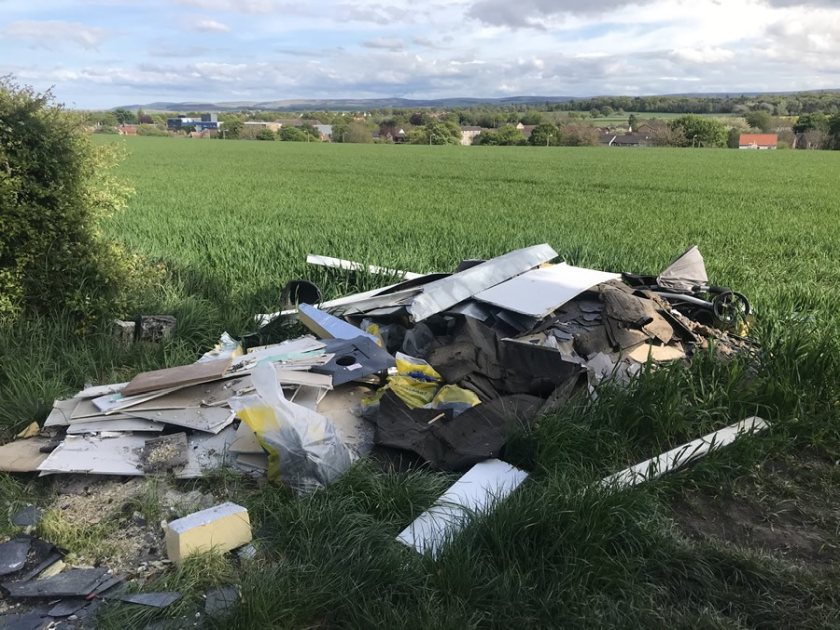
The government has announced new measures to crackdown on fly-tipping following a rise in waste crime incidents, costing the UK nearly £400m a year.
New council grants totalling £450,000 will be issued to help fund a range of projects, including the use of covert and overt CCTV cameras at hot-spot locations.
Buckinghamshire Council will use the fund to spearhead a combination of AI-enabled Rapid Deployable Cameras (RDC) and Automatic Number Plate Recognition (ANPR) cameras.
These will provide alerts to the council in real-time, linking the crime to the vehicle that deposited the waste, allowing officers to rapidly investigate.
Elsewhere, funding for Durham Council for CCTV will lead to individuals being directed to the council’s self-funded digital educational tool for those issued with an on-the-spot fine for fly-tipping.
The tool aims to educate and encourage long term behaviour change and completion reduces the amount of the fine.
And Newham Council will receive funding to prevent bags being on the street in front of business premises which can attract additional waste.
They will scale up their trial of containers to house residential and commercial waste, which resulted in a 24% reduction in fly-tipping.
Households will also no longer have to pay to get rid of DIY waste under the plans set out today, changing the rules that currently allows some Local Authorities to charge for DIY waste from households.
Under the government's proposals, household DIYers would not be charged to get rid of waste including plasterboards, bricks and bath units.
Fly-tipping is a crime which blights communities, poses a risk to public health and the environment, and costs up to £392 million a year.
Local authorities dealt with 1.13 million fly-tipping incidents in 2020/21, up by 16% from 2019/20.
Environment Minister Jo Churchill said: “When it comes to fly-tipping, enough is enough. These appalling incidents cost us £392 million a year and it is time to put a stop to them.
“I want to make sure that recycling and the correct disposal of rubbish is free, accessible and easy for householders. No one should be tempted to fly tip or turn to waste criminals and rogue operators.
“Furthermore, the funding that we have announced for Local Authorities today will help them trial innovative new projects to put a stop to fly tipping."
Welcoming the measures, the Countryside Alliance said the "frustration and damage fly-tipping causes for rural areas cannot be underestimated".
Sarah Lee, director of policy at the rural group said: "Over the last year fly-tipping has reached pandemic levels and measures to tackle this anti-social behaviour by the government must be applauded.
“We must still do more to clamp down on the rogue traders who pose as legitimate waste businesses and dupe householders into thinking they will dispose of their waste legally but in reality fly-tip it in our beautiful countryside.
"Not only is this a blight on the landscape but it is harmful to wildlife and the environment. Householders must be aware of their responsibilities and liabilities when paying a third party to dispose of their waste.
"This cannot be stressed enough and is ultimately what continues to fuel this horrific trade.”
